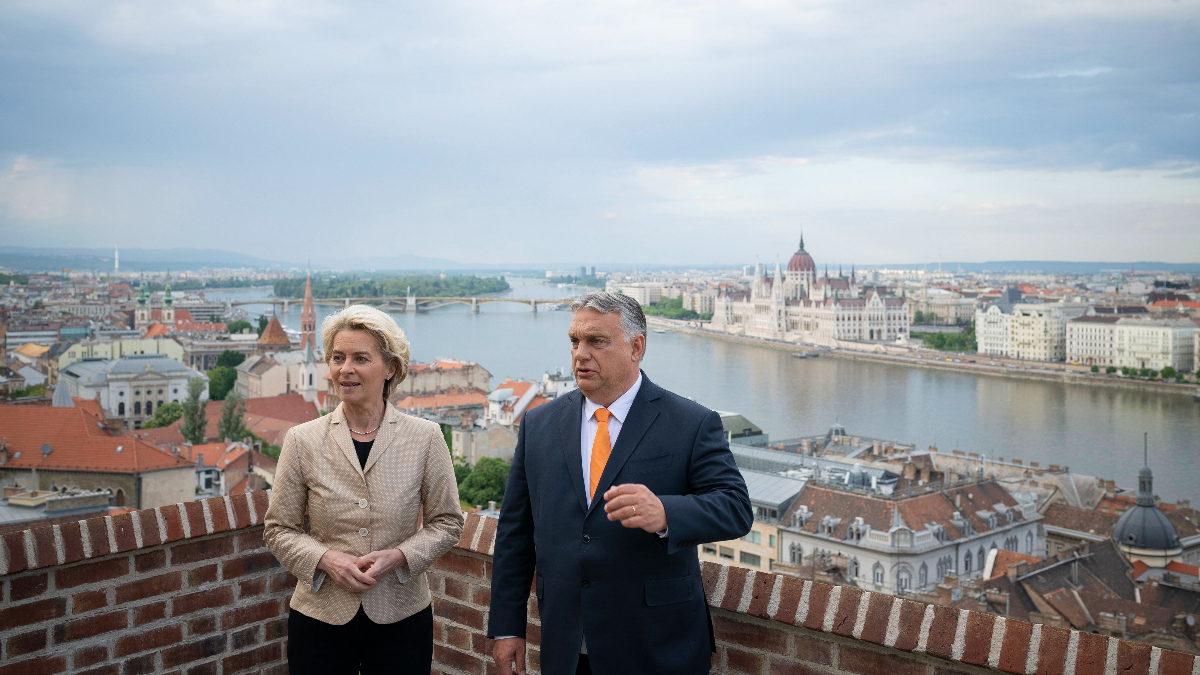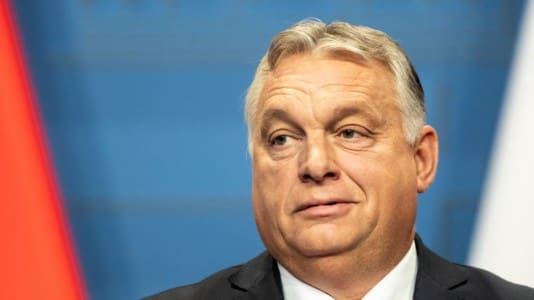The European Union and Hungary have finally unraveled the separate yet entagled issues of payments to Hungary from the EU’s recovery and resilience fund (RRF), an €18 billion loan to Ukraine, and the global minimum corporate tax, Hungarian news portal Mandiner reports.
The decision has been taken at the ambassadors’ meeting of the member states, but there is still the meeting of the finance ministers on Tuesday, Ecofin, and the meeting of the heads of state and government in the middle of the week. Full approval is also needed from the European Parliament.
“Ambassadors of EU member states decided to advise the Council to adopt its implementing decision approving Hungary’s national plan, and a written procedure for the formal adoption will be launched,” the Council of the European Union wrote in a press release published last night.
The Council has suspended a total of €6.3 billion. However, by accepting the €5.8 billion envelope, the suspended money will not be lost since that suspension can be withdrawn within two years, should Hungary meet all of the EU’s conditions regarding institutional reforms to strengthen the rule of law.
“These reforms have been translated into a total of 27 “super milestones,” which must be fully and correctly implemented before any payment under the RRF can be made to Hungary,” the Council’s statement said.
A concession by the European Council on the global minimum corporate tax to Hungary is that Hungary’s local business tax will count toward the corporate tax on companies with profits exceeding €750 million; this means that Hungary will be part of that agreement without having to increase its tax rate on these entities. Hungary previously opposed joining the tax, as it feared losing its competitive advantage.
In addition, the Council agreed to the planned €18 billion in aid for Ukraine. The loan to Ukraine will be granted in 2023, with a grace period of 10 years. Member states will cover the bulk of the interest costs, and the guarantees for the borrowing will be provided either by the EU budget or by the member states, according to the Council communication.
According to daily Magyar Nemzet, the loan package does not include any joint borrowing, which is why Hungary had not supported the initiative. Member states will provide aid to war-torn countries through bilateral agreements with the Commission; Hungary’s role in achieving this is not yet known.





